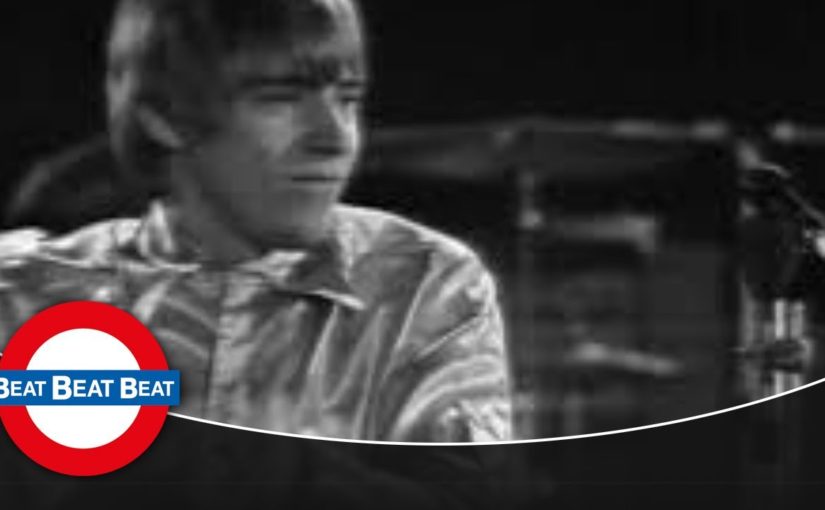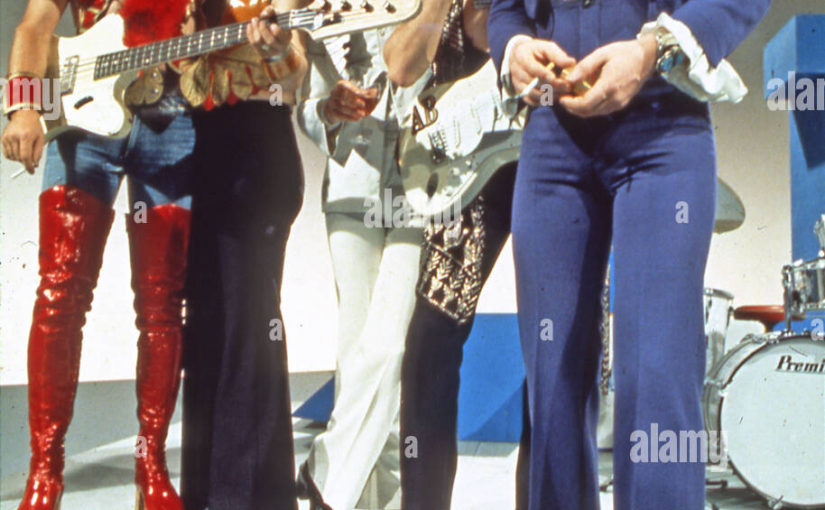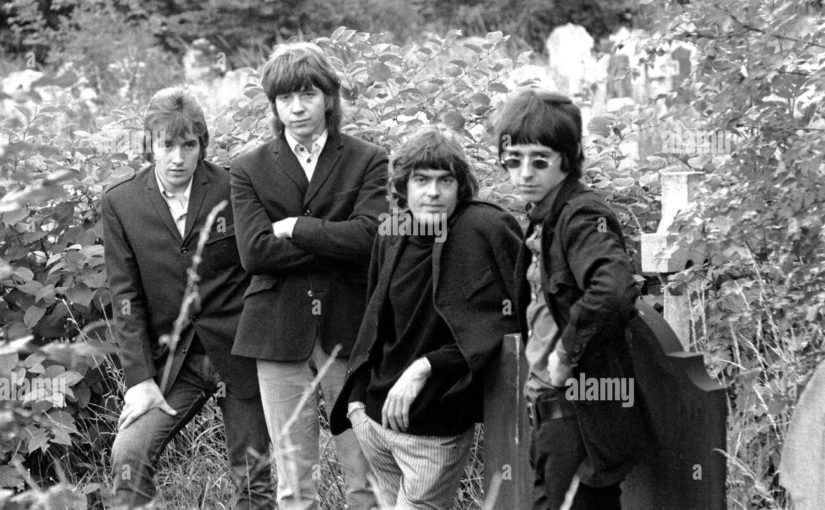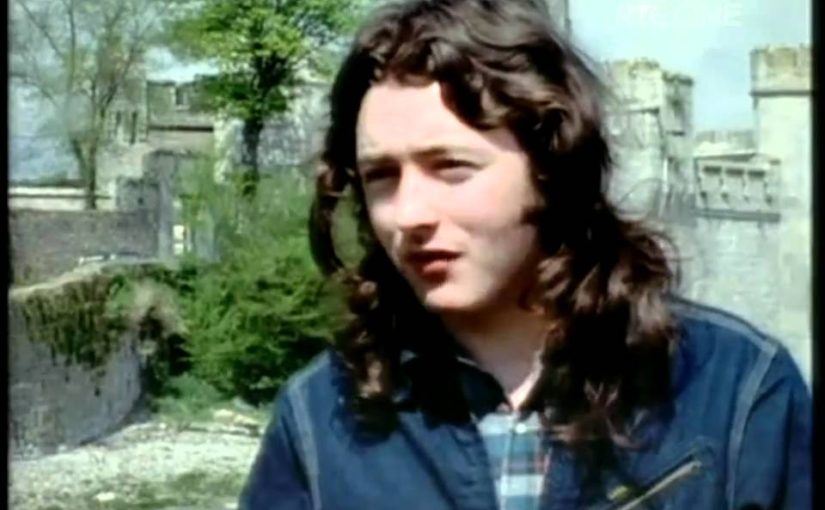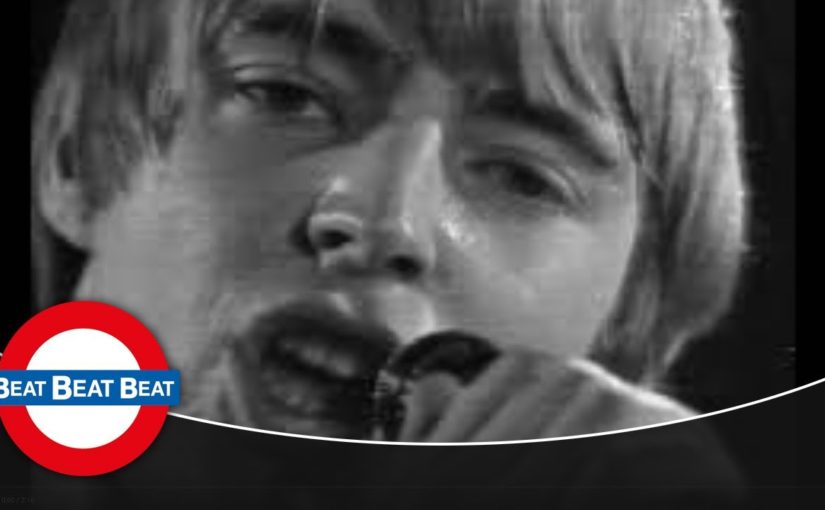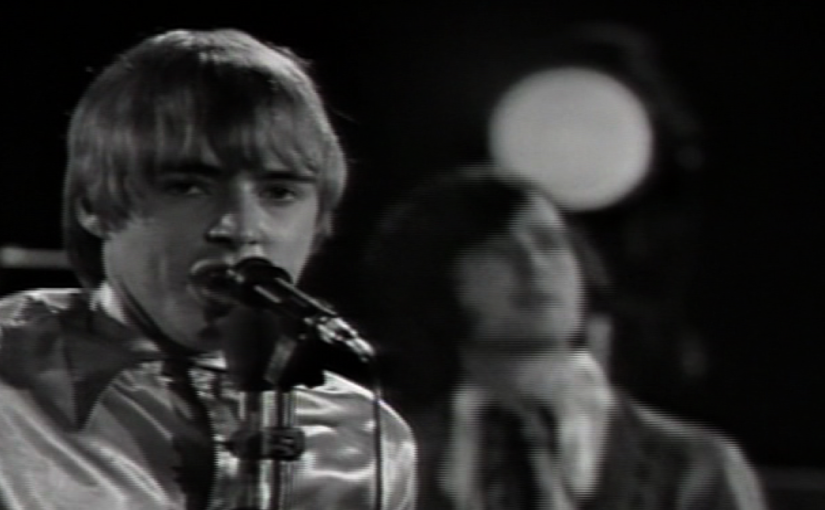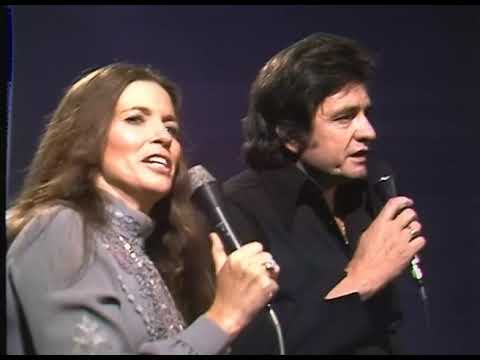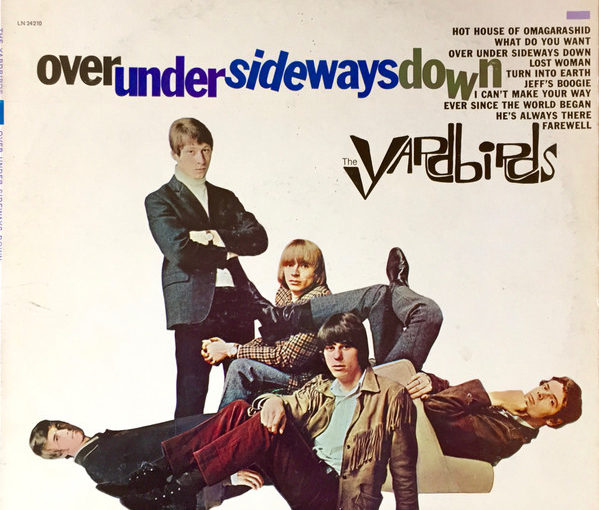LYRICS (elyrics.net)
—————————————————-
Standing on a hilltop, wishing on a quick star
Enemies all around me
Got to make a rest stop, wonder where my friends are
It’s about time they found me
I’m caught in the middle of a shooting war
And I can’t ever gather what I’m fighting for
And I hate to imagine what they’ve got in store
Somebody put the heat on me
Who could it be?
Stranded by the seaside, waiting out the high tide
Taking a short vacation
Wading through the hot crowd, laughing at ’em out loud
Crying in desperation
I’m caught in the current and I’m going down
And I ain’t got a will and I’m about to drown
And I hope they can forward all my bag to town
Somebody’s out to blow my mind
They’re doing fine
All I need is some time to myself
And a place in the country
Waiting by the highway, people going my way
Making like they ignore me
Running from the rat race, smiling with a false face
Searching the road before me
I’m hot on the trail of something I can’t find
And I can’t pay my ticket and I’m running blind
And I think I discovered I’ve been left behind
Somebody wants to use my name
It’s a shame – ain’t it a shame
All I need is some time to escape
And a place in the country
————————————————————
Fanny was an American all-female band, active in the early 1970s. They were one of the first notable rock groups to be made up entirely of women, the third to sign with a major label (after Goldie & the Gingerbreads and the Pleasure Seekers), and the first to release an album on a major label (in 1970). They achieved two top 40 singles on the Billboard Hot 100 and released five albums.
Sisters June Millington (born April 14, 1948, Manila, Philippines) and Jean Millington (born May 25, 1949, Manila, Philippines) moved with their family from the Philippines to Sacramento, California in 1961. In high school they formed an all-girl band called the Svelts with June on guitar, Jean on bass, Addie Lee on guitar, and Brie Brandt on drums. Brandt was later replaced by Alice de Buhr (born September 4, 1949, Mason City, Iowa). When the Svelts disbanded, de Buhr and Lee formed another all-female group called Wild Honey. The Millington sisters later joined this band, which played Motown covers and eventually moved to Los Angeles.
In January 1970, Nickey Barcley was asked to join Fanny as a singer and keyboardist. She was one of the main songwriters and lead singers in the group, and appeared on all their albums, adding soul, blues and funk influences to the group’s overall sound.
